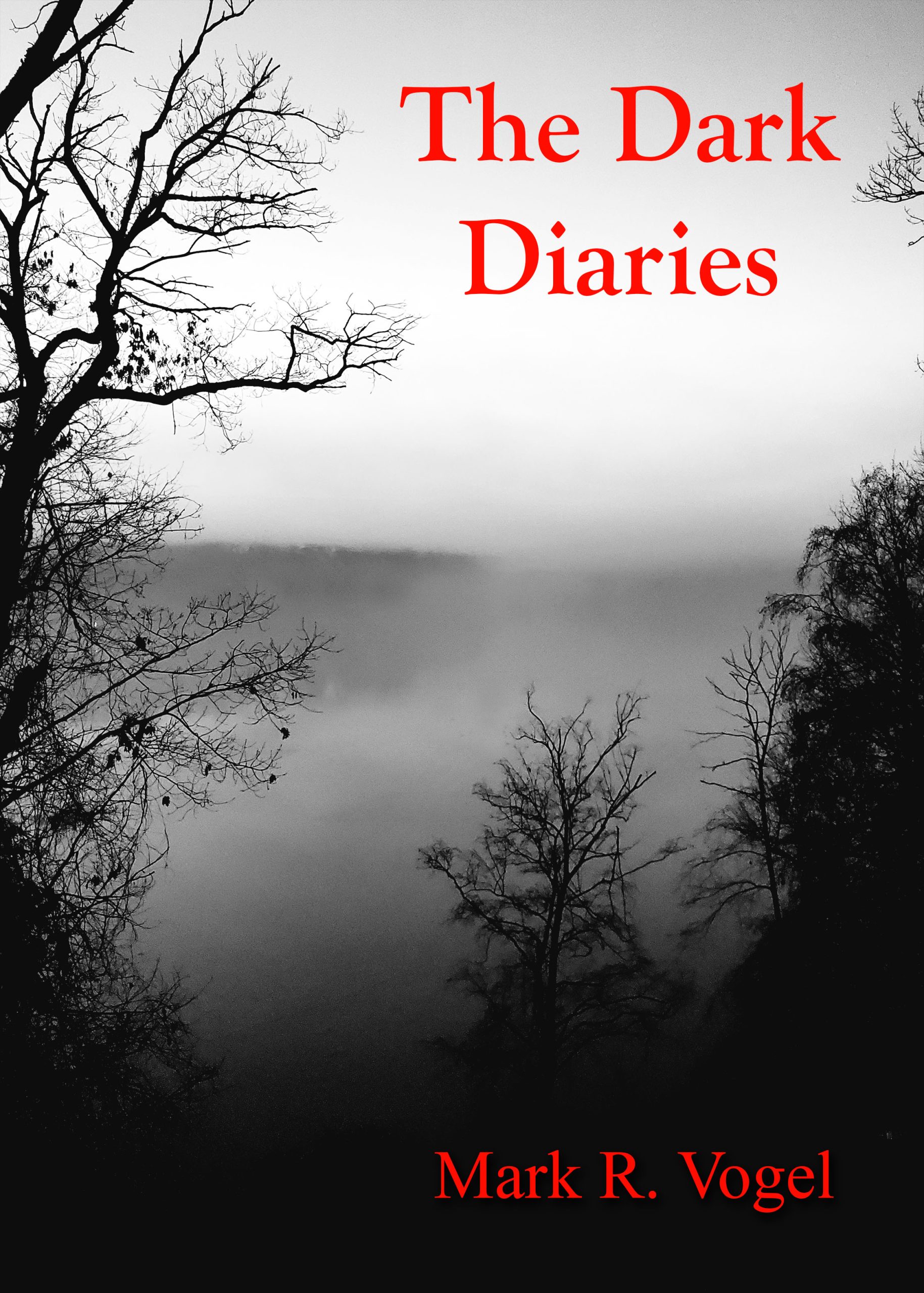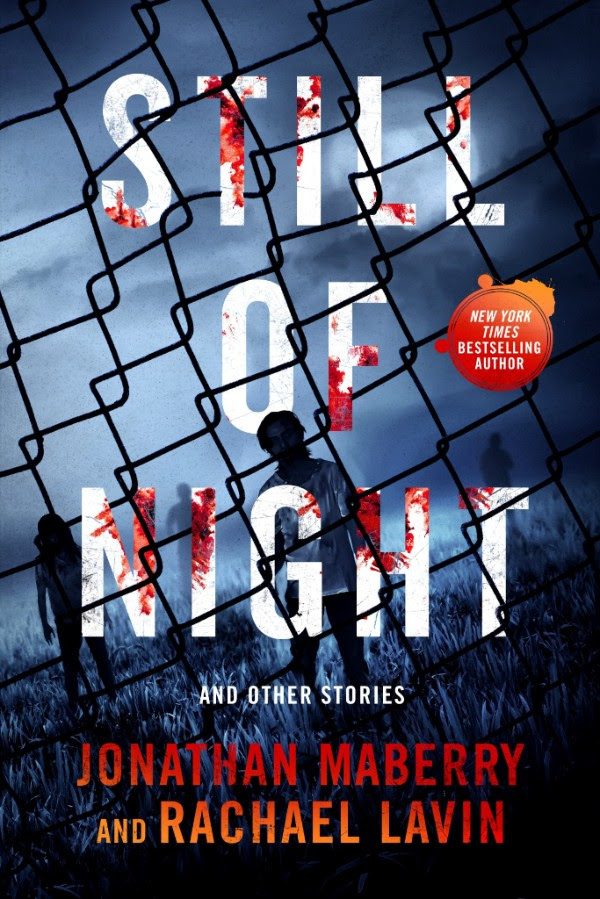Poetry is the rhythmical creation of beauty in words. – Edgar Allan Poe
Poetry: the best words in the best order. – Samuel Taylor Coleridge
A poet is, before anything else, a person who is passionately in love with language – W. H. Auden
There is nothing else quite like reading good poetry. Unlike a good action, science fiction, or horror novel or short story, where the intent is to keep the reader hooked and turning the pages as quickly as possible to learn what happens next—to be chugged as a cold beer on a hot, dusty day—poetry is to be savored, to be leisurely sipped, allowing time for its full flavor, richness, and complexity to be discovered and appreciated as one would with a fine wine.
While it is uncertain whether poetry can ever be fully and accurately defined, the above-cited definitions of poetry and poets, made by very accomplished poets themselves, have always been among the most helpful in conveying the central sense of the art of poetry and those who create it. Dark Roads, the latest collection of Bruce Boston’s poetry, a retrospective collection of the multi-award winning poet’s work over a forty-plus-year span, is, in this sense, a standout bottle of vintage Chateau-Lafite Rothchild.
A poet can take an idea, concept, or lesson that might take a prose author many thousands or tens of thousands of words to convey, and pare it down to its very existential essence, and impart it to the reader in a few paragraphs or pages. To successfully do this, the poet must indeed have a passionate love for and knowledge of language, and be able to utilize only the very best words in the very best order—and like music, a rhythmical order—to create word pictures, from static paintings to soaring films. Bruce Boston is a true master poet, a Renoir or Kurosawa, but who uses words instead of paint or film as his medium of choice. This collection is a testament to that talent.
The poems found within Dark Roads will alternately (or at times in concert) frighten, inspire, cajole, horrify, stimulate, titillate, sadden, and/or gratify the reader. Horror genre poetry is, in this reviewer’s very humble opinion, somewhat of a misnomer, a distinction that can be so subtle as to be invisible. One can write poetry dealing with the supernatural and/or specific supernatural creatures and beings that can be romantic, tragic and/or beautiful—while one can take the most mundane of objects, people, or ideas, and make them horrific and terrifying. Both such varieties have been variously labeled as either being horror poetry or not – and neither attempted classification can be categorically determined to be either correct or incorrect. Boston’s poetry can properly be recognized as ‘horror poetry’ regardless of which classification system is used.
Boston’s poetry will take you to other times and other worlds, to visit with body thieves, aliens, lovers, fools, and even Satan, among many others. This is writing that will resonate and which you, as a reader, will want to savor. It is one of the most thought-provoking and yet intensely engrossing books I’ve read this year, and cannot recommend it too highly. Even if you think you hate poetry—perhaps especially if you think you hate poetry—you owe it to yourself to read Dark Roads, as it will alter your perception of poetry forever.
A final brief shout-out to artist M. Wayne Miller for the numerous, fantastic black-and-white illustrations to be found accompanying various of the poems. They range from the impressionistic to the photo-realistic. All are evocative of the poems they seek to represent, and all are, just as the poems themselves, executed brilliantly.
- Dark Roads: Selected Long Poems 1971-2012 - September 15, 2013
- That Which Should Not Be - March 12, 2012
- Cosmic Forces - November 11, 2011
- Mile 81 - September 4, 2011







